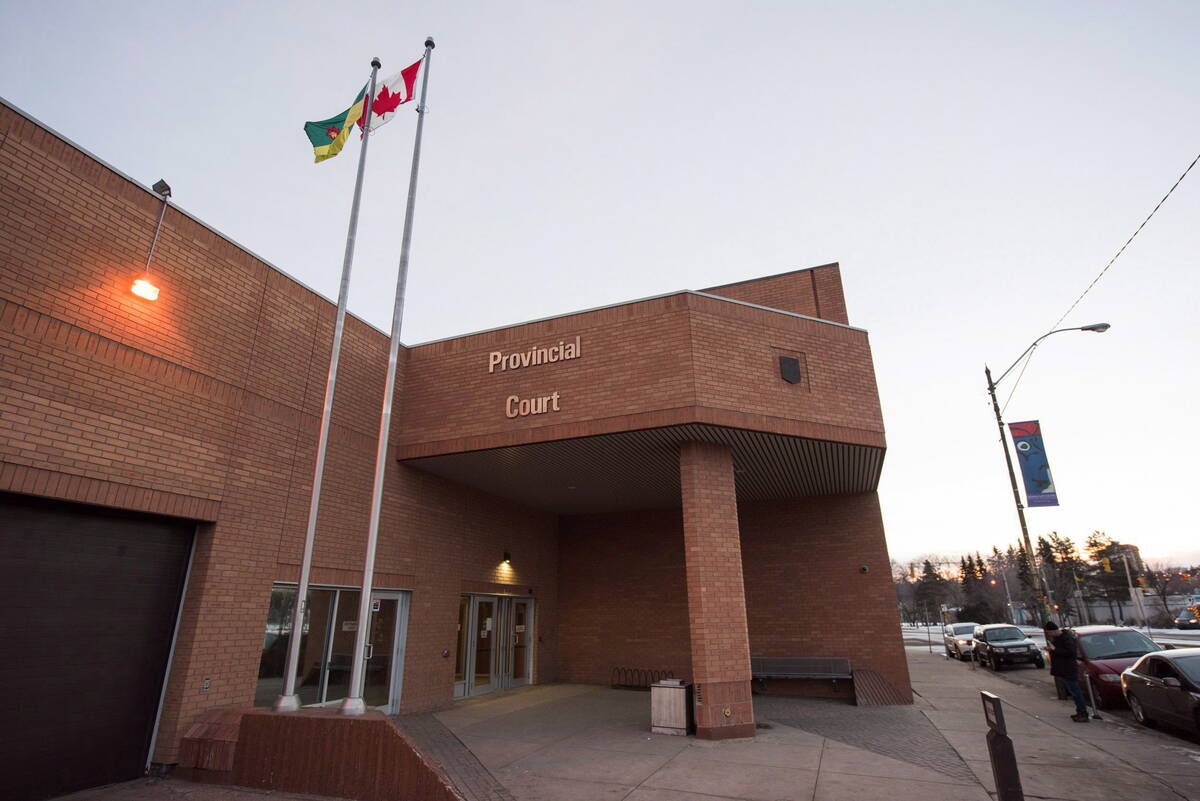Q:My widowed father recently died and left everything to charity. My brothers and sisters and I are unhappy about this. Is there anything we can do about it?
A:A person can leave his belongings to whomever he wishes in the will. There are some exceptions, and there are also recent cases that place some limits on this ability.
The assets belong to the testator (the legal term for the person making the will) until the moment he dies.
If he wants to sell everything, put the cash in a pile and burn it, he can, provided he makes reasonable allowances for dependents.
Read Also

Understand limitation periods if considering civil suit
A limitation period refers to the amount of time a plaintiff has to commence a formal claim in court or lose their ability to pursue it.
If a spouse or younger children are wholly or partly dependent upon the person, he would have to provide for them in his will, or the courts can intervene to make adequate provisions for the dependents.
If you or your siblings were not entirely or even partially dependent on your father financially, it is less likely that the will can be amended.
Wills and estates are controlled through provincial legislation, and there are differences from province to province.
For example, British Columbia has a law stating that a judge can enforce the “moral obligations” of a testator.
Other provinces, including Saskatchewan, have no such legislation and deal strictly with issues of financial dependency and obligations.
In B. C, an 86-year-old widower with four children died, leaving everything to his son.
The three daughters applied to overturn the will and were successful.
The B.C. law allowed the judge to look at the will from a moral perspective, and he held the will must be based on “contemporary moral standards.”
There was evidence that the deceased had regularly beaten his daughters in a “form of ruling by terror” and had given them cruel and degrading tasks as punishment, such as making them wash his feet.
There was evidence of financial need from the daughters, and this was coupled with the father’s bad treatment of them during their lifetime.
In Saskatchewan, that case likely would have been handled differently. A 2010 case with similar facts led to a different result. A man died, leaving an estate of almost $6 million to his second wife. Two of his three children from his first marriage applied to vary the will.
They were not dependent on their father at the date of his death and had been estranged from him for some time but they testified that he’d helped them with major expenses and day-to-day costs for much of their adult lives.
The court disagreed that the children were entitled to a portion of the estate, saying there was no legal basis for the claim.
There are no guarantees that you will get anything from the estate of a relative. The law in your jurisdiction will also dictate what rights you have to challenge the will. As always, consult a lawyer.
Rick Danyliuk is a lawyer with McDougall Gauley LLP in Saskatoon.
















